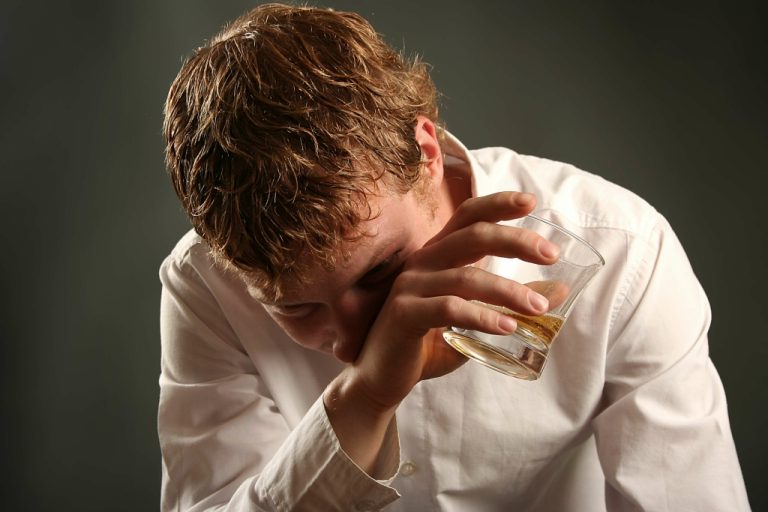This condition is characterized by damage to the optic nerves, leading to permanent vision loss. Bloodshot eyes, dryness, or blurred and double vision are common side effects of drinking alcohol. However, there are long-term effects on eyesight from excessive alcohol consumption, potentially leading to permanent vision impairments, dry eyes, and optic neuropathy. In conclusion, blurry vision after a night of heavy drinking is typically a temporary symptom that resolves as the body metabolizes the alcohol.
Alcoholic Eyes FAQ
Let’s see what these symptoms look like and get a clear vision of what an alcohol-free life can mean for our eye health. In conclusion, there are several factors that could make certain individuals more susceptible to blurry vision after drinking vodka. These factors can include alcohol intolerance, dehydration, consumption of other substances, and the amount of alcohol consumed.
Alcohol and Eyesight: A Deep Dive into the Impact on Vision
During this time, patients often blurry vision after drinking alcohol experience blurred vision, difficulty focusing on close objects, increased sensitivity to light (photophobia), and general discomfort. It’s best to avoid alcohol after eye dilation as it can worsen side effects like blurred vision and light sensitivity. You may be able to alleviate bloodshot, red, or dry eyes with lubricating drops. Some types have preservatives, which can worsen dry eyes for individuals allergic to the contents.
Loss of Consciousness or Gaps in Memory
- Most people know about the most common risks excessive alcohol consumption poses to your health, including liver damage, anemia, cardiovascular disease, and depression.
- This can lead to a decrease in coordination, including coordination of the eyes, resulting in blurry vision.
- Appreciation for the dangers of alcoholism has led to greater sensitivity in many communities, and you can find plenty of fun beverages for celebrating.
- Caffeine acts as a vasoconstrictor, meaning it constricts blood vessels, which can counteract the vasodilating effects of alcohol.
While the effects of alcohol on vision can vary from person to person, there are a few possible factors that could contribute to this phenomenon. The liver plays a crucial role in filtering toxins from the body, and when it is impaired, these toxins can accumulate and affect other organs, including the eyes. Conditions like hepatic encephalopathy, which arises from severe liver dysfunction, can result in neurological symptoms, including vision problems.
Seeking Medical Care for Alcohol-Related Eye Issues
Alcohol consumption can have a negative impact on overall eye health, and excessive drinking can lead to more serious vision problems down the line. Another factor that could contribute to blurry vision after drinking vodka is dehydration. Alcohol is a diuretic, meaning it increases urine production and can lead to dehydration. Dehydration can cause dryness in the eyes and affect the quality of vision.
In this article, we will explore some of the other factors that can contribute to blurry vision and discuss how they can be differentiated from dehydration-related vision problems. Additionally, dehydration can affect the consistency of the vitreous humor, a gel-like substance that fills the space between the lens and the retina. This substance helps maintain the shape of the eye and contributes to its overall clarity of vision. When dehydrated, the vitreous humor can become more viscous and lose its ability to transmit light effectively. Drink plenty of water, use lubricating eye drops, get enough rest, apply cool compresses, and wear sunglasses to protect from harsh light. When we drink, alcohol affects many systems of the body, some of which change the way our eyes look and feel.
So, grab a drink (or not) and let’s dive into the science behind why alcohol may have you reaching for your glasses. On the other hand, chronic and heavy alcohol use can contribute to a long-term increase in eye pressure. Even moderate alcohol consumption can begin to interfere with the way your body absorbs key nutrients, many of which are vital for your eyes. It irritates the digestive tract and can impair the function of the stomach and small intestine, where nutrients are absorbed. This vision problem can lead to headaches, especially during the sobering-up stage.
Your gastrointestinal system may be out of balance, and you’ll probably make frequent visits to the restroom, sustaining the dry feeling. A properly distilled alcohol will Halfway house not lead to immediate vision loss when a person consumes the drink in moderation. The substance also inhibits the release of water reabsorption hormones, so your body dehydrates quickly. Alcohol abuse can impair eye muscle coordination, potentially leading to strabismus, commonly known as crossed eyes.
- Let’s see what these symptoms look like and get a clear vision of what an alcohol-free life can mean for our eye health.
- Understanding the reason for this blurred vision can help shed light on the effects of alcohol on our bodies.
Staring at screens or engaging in activities that require intense focusing can strain your eyes and exacerbate the blurriness. Take breaks from screen time and close your eyes for a few minutes to give them a break. You can also try using a warm compress or an eye mask to soothe your eyes and relieve any discomfort. There is no single treatment, so individuals receive treatment depending on their symptoms. Researchers have noticed that heavy drinkers are likelier to have low levels of protective nutrients such as zinc and vitamins (B12 and folate).
Chronic alcoholism is linked to a condition called toxic amblyopia, which results from prolonged exposure to alcohol and poor nutrition. This condition damages the optic nerve, leading to irreversible vision loss. Additionally, long-term alcohol use can contribute to retinal damage, which affects the ability to perceive colors and see clearly. Scientifically, dehydration can lead to dry eyes, causing the cornea to become dry and irregularly shaped.
- It is also common for individuals who are recovering from a night of heavy drinking to experience temporary blurriness or difficulty with depth perception the next morning.
- In some cases, blurry vision after drinking alcohol may be a sign of alcohol intolerance.
- Long-term alcohol consumption can cause permanent damage to brain cells and neurotransmitters, further weakening the eye muscles and distorting vision.
Blurred vision can manifest in different ways, such as a hazy or cloudy vision, difficulty focusing, or seeing double. In this article, we will discuss how long blurry vision typically lasts after drinking alcohol and some possible causes. Optic nerve damage is very closely linked to neurological damage sustained by the brain when participating in heavy drinking. Because the optic nerve is made up of neurological transmitters, it can become damaged by alcohol, just like in the brain.









